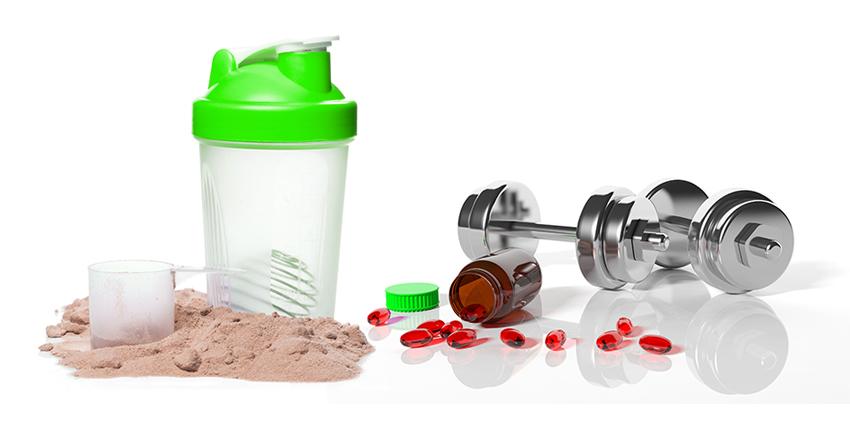The question of whether to take dietary supplements is one that many fitness enthusiasts and everyday individuals ask. At PROHEALTH PHYSIO & FITNESS (EP), we believe in evidence‑based guidance to help you make informed choices about your health. Supplements can play a role, but they are not a substitute for proper nutrition, training, and lifestyle habits.
Supplements aren’t essential for building your physique, nutrition, training, and effort are. They simply support a good diet, with protein powder or omega‑3s useful if macronutrients fall short. It may also aid endurance by increasing plasma volume and glycogen stores. Since reaching 5g through diet alone is nearly impossible, creatine supplementation can be a valuable tool for fitness goals.
Multivitamins drive a $1.5 billion industry in Australia, yet a 2012 review found little benefit for most people. Some, like beta carotene and vitamin E, may even raise cancer risk.
Branched chain amino acids are another supplement that is marketed as being essential intra-workout. Branched chain amino acids include leucine, isoleucine and valine. They are essential amino acids, meaning that the body can’t make them, they have to be obtained from food. Leucine is the hard hitter of the group. It has been linked to maintaining lean mass, increases insulin levels and activates a biological pathway that stimulates muscle hypertrophy (mTor pathway). However, branched chain amino acid supplements are not essential, and here’s why. All those amino acids are found in chicken, beef, eggs, even in your protein shakes if you choose to purchase them. As long as you are consuming adequate amounts of protein, you are receiving more than adequate amounts of branched chain amino acids.
To conclude, nothing can supersede a well-balanced diet. Supplements are not necessary to achieve your fitness goals or obtain your ideal physique. However, supplements may be used to compliment a well-balanced diet. The supplements that may provide you with the most benefit include a protein powder, creatine and an omega-3 supplement.
Sources:
- Buford, T., Kreider, R., Stout, J., Greenwood, M., Campbell, B., & Spano, M. et al. (2007). International Society of Sports Nutrition position stand: creatine supplementation and exercise.Journal Of The International Society Of Sports Nutrition, 4(1), 6. http://dx.doi.org/10.1186/1550-2783-4-6
- Kamangar, F., & Emadi, A. (2012). Vitamins and Mineral Supplements: Do We Really Need Them?.International Journal Of Preventative Medicine, 3(3), 221-226.
- Branched Chain Amino Acids - Scientific Review on Usage, Dosage, Side Effects. (2017).com. Retrieved 1 June 2017, from https://examine.com/supplements/branched-chain-amino-acids/

